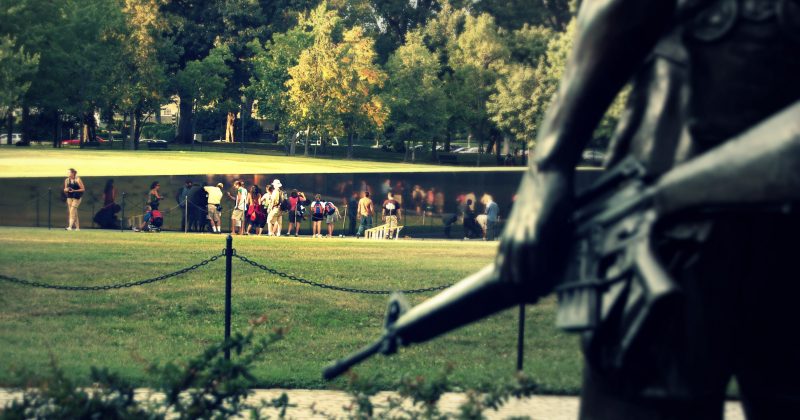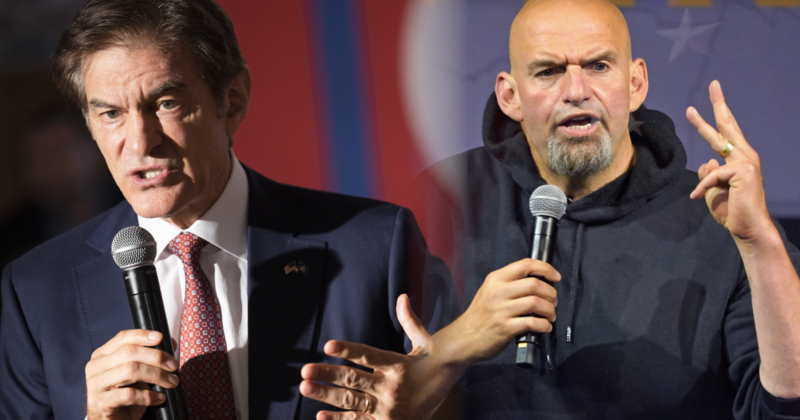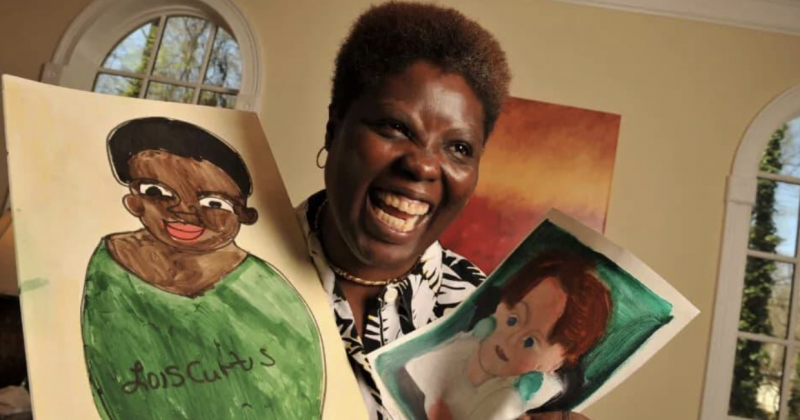
Challenging Gender Norms: Critiquing the Statement Made by CJI DY Chandrachud on Same Sex Marriage
By Guest Writer Surjit Raiguru
In a seminal statement, Chief Justice of India (CJI) DY Chandrachud shines a spotlight on the intricate tapestry of gender identity and expression, deconstructing long-held misconceptions. Departing from reductionist notions, this article explores the profound interplay between biology, psychology, and society in shaping an individual's gender identity. By elucidating the nuanced nature of gender, CJI Chandrachud calls for an inclusive society that respects and validates diverse experiences, unravelling the complexities of gender, heralding a new era of acceptance and understanding.
Gender identity and expression are complex and multifaceted concepts that cannot be reduced to simplistic notions based on reproductive organs. In a recent statement by CJI DY Chandrachud, he rightly acknowledged that there is no absolute concept of man or woman based on reproductive organs. However, his statement has been misunderstood by some, leading to misguided criticisms.
CJI Chandrachud's statement highlights the fact that gender is not solely determined by biological sex. It goes beyond the physical characteristics...



